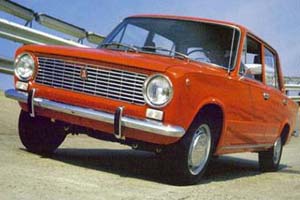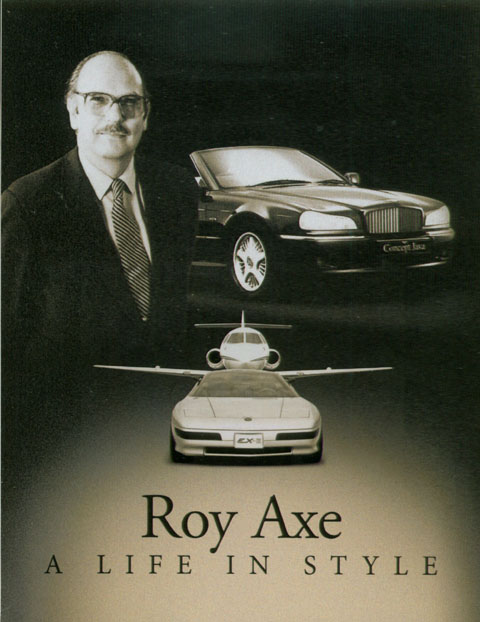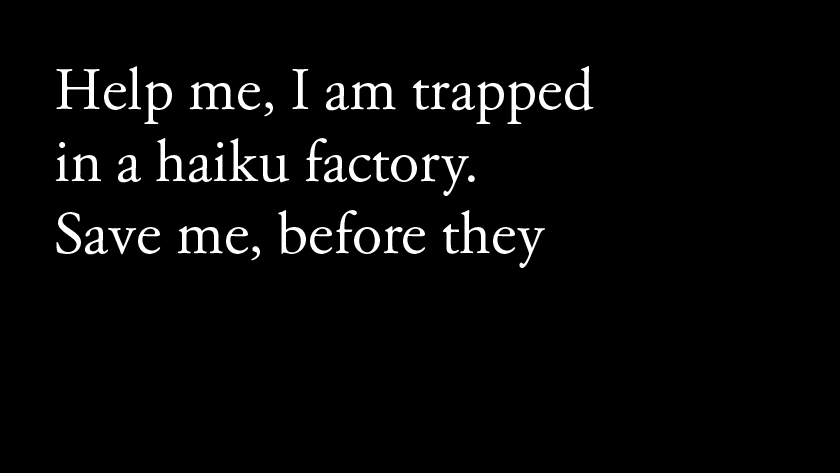I still have Adam Curtis’s The Mayfair Set, a TV series charting the decline of British power and the rise of the technocracy, recorded on video cassette somewhere. I consider him someone who can see through the emperor having no clothes, and in The Mayfair Set, he certainly saw through the Empire having no clothes.
As I type this, John Barry’s ‘Vendetta’ is going through my head as an earworm: the series used this piece as its theme tune.
On my friend Keith Adams’s Facebook page was a link to Curtis’s blog at the BBC website, titled with a reference to another song, this time from Maurice Jarre’s Doctor Zhivago score. Curtis begins by saying that he uncovered a 1977 film about two British Leyland workers heading to Togliattigrad, where the Жигули (Zhiguli, or Lada to those of us outside the Soviet Bloc) was built.
 At Togliattigrad, the managers used the chaos that was allowed to prevail to set up their alternative economic structures to line their own pockets—and corruption was rife.
At Togliattigrad, the managers used the chaos that was allowed to prevail to set up their alternative economic structures to line their own pockets—and corruption was rife.
He writes, ‘What then happened is murky, but it is alleged that the managers in effect looted their own factory.’
So far, so good. It read as a story about the bad old days of communism—till Curtis draws the clear parallels between Togliattigrad and what happened in the last days of the remnants of British Leyland. The Phoenix Four used money meant for the plant for themselves.
Curtis again: ‘The Phoenix directors systematically restructured the business. They did it in a way that ensured that many economic benefits flowed not to MG Rover and the thousands of workers, but to the directors themselves and the man they appointed chief executive of MG Rover.
‘The [government] report [into the collapse of MG Rover] is over 800 pages—and it is a fascinating snapshot of our time. It lists all sorts of schemes with names like “Project Slag”, “Project Platinum” and “Project Aircraft”—all of them designed to try and bring profits not into MG Rover but into the holding company set up by the Phoenix consortium.’
No more western superiority here: chaos—whether in the political, social, cultural or commercial realms—breeds opportunity for many. The trick is always to ensure that the opportunists are those who can put things right, rather than selfishly benefit themselves.
 Some might see Curtis’s blog entry as a criticism of the monetarist, technocratic system—as was The Mayfair Set.
Some might see Curtis’s blog entry as a criticism of the monetarist, technocratic system—as was The Mayfair Set.
But it is equally a story about how the absence of transparency breeds systems that benefit the few—regardless of whether the background is communism or capitalism.
These are themes that we at the Medinge Group explored as early as 2003 in Beyond Branding, written in the wake of the Enron collapse. We’ve partly stayed on the same theme over the last eight years, because history shows us that transparency is often the enemy of inequity and unfairness. And even the technocracy.








One thought on “How MG Rover mirrored the developments at Lada”